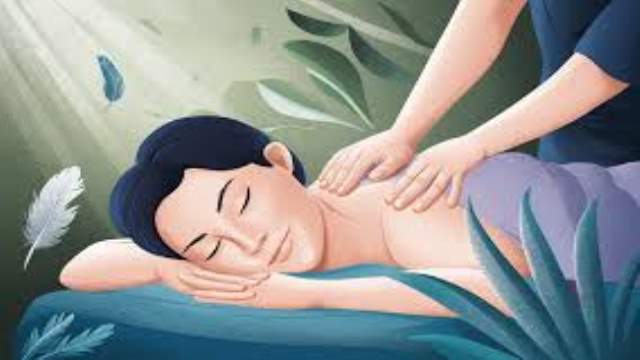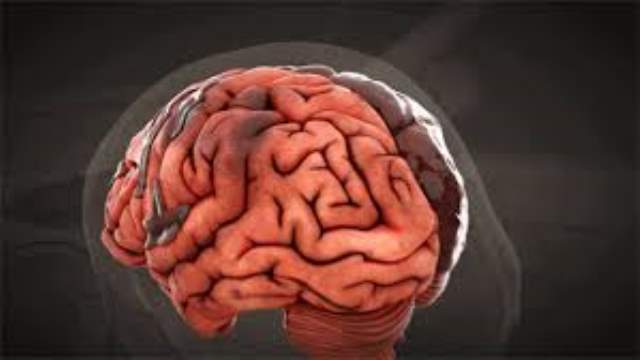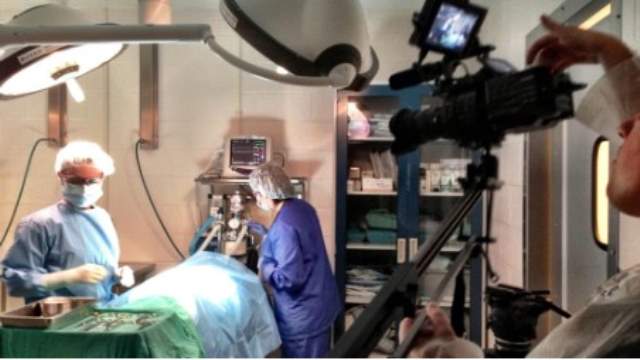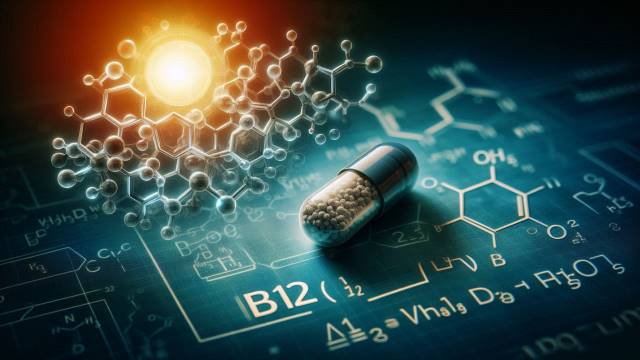The Role of Massage Therapy in Managing Depression
Depression is a complex and multifaceted mental health disorder that affects millions of people worldwide. It manifests in various ways, including persistent sadness, loss of interest in activities, fatigue, and a range of physical symptoms. While traditional treatments such as medication and psychotherapy are commonly used to manage depression, there is growing interest in complementary therapies that can enhance well-being and alleviate symptoms. One such therapy is massage therapy, which has been increasingly recognized for its potential in managing depression.
Understanding Depression
Depression is more than just feeling down or experiencing temporary sadness. It is a clinical condition that can have profound effects on an individual’s physical, emotional, and social well-being. Symptoms of depression can vary widely but often include persistent feelings of hopelessness, difficulty concentrating, changes in sleep patterns, and even physical pain. The condition can interfere with daily functioning and, in severe cases, may lead to thoughts of self-harm or suicide. The causes of depression are complex and may involve a combination of genetic, biochemical, environmental, and psychological factors. Given this complexity, managing depression typically requires a multifaceted approach, including lifestyle change medication, therapy, and support from loved ones. However, there is increasing recognition that complementary therapies like massage therapy can play a significant role in alleviating symptoms and improving quality of life.
How Massage Therapy Helps in Managing Depression
Massage therapy is a holistic treatment that involves manipulating the body’s muscles, tendons, ligaments, and connective tissue to promote relaxation and well-being. While it is commonly associated with physical benefits such as pain relief and improved circulation, massage therapy also offers numerous psychological benefits that can be particularly helpful for individuals struggling with depression.
- Reducing Stress and Anxiety: One of the primary benefits of massage 서울 출장마사지 therapy in managing depression is its ability to reduce stress and anxiety. Stress and anxiety are often closely linked to depression, exacerbating symptoms and making it harder to cope with daily challenges. Massage therapy helps to lower cortical levels in the body, a hormone associated with stress. By reducing cortisol levels, massage therapy can alleviate feelings of anxiety, creating a sense of calm and relaxation. In addition to reducing cortisol levels, massage therapy can increase the production of endorphins, the body’s natural “feel-good” chemicals. These endorphins can help to elevate mood, reduce pain, and promote a sense of well-being, which can be particularly beneficial for those dealing with depression.
- Improving Sleep Quality: Sleep disturbances are a common symptom of depression, with many individuals experiencing insomnia or disrupted sleep patterns. Lack of sleep can further exacerbate depressive symptoms, leading to a vicious cycle of fatigue and emotional distress. Massage therapy has been shown to improve sleep quality by promoting relaxation and reducing muscle tension. The calming effects of massage can help individuals fall asleep more quickly and enjoy more profound, more restorative sleep. By improving sleep quality, massage therapy can have a positive impact on overall mental health. Better sleep can lead to improved mood, increased energy levels, and a more remarkable ability to cope with stress, all of which are essential factors in managing depression.
- Enhancing Mind-Body Connection: Depression can often lead to a disconnection between the mind and body, where individuals may feel numb or detached from their physical selves. Massage therapy helps to reestablish this connection by encouraging individuals to become more aware of their bodies and sensations. The physical touch involved in massage can provide comfort and reassurance, helping individuals feel more grounded and connected to their bodies. This enhanced mind-body connection can be particularly therapeutic for those experiencing depression. It can lead to a greater sense of self-awareness, improved body image, and a deeper understanding of one’s emotions and physical sensations. This awareness can be a crucial step in the healing process, helping individuals to manage their symptoms better and take an active role in their recovery.
- Supporting Emotional Release: Depression often involves the suppression of emotions, where individuals may struggle to express or even recognize their feelings. This emotional suppression can lead to increased tension in the body, manifesting as muscle tightness, headaches, or other physical symptoms. Massage therapy can help to release this stored tension by working through muscle knots and areas of tightness, allowing for the release of pent-up emotions. The process of emotional release during massage therapy can be cathartic, providing individuals with a safe space to process their feelings and let go of emotional burdens. This release can lead to a sense of relief and lightness, helping individuals to feel more emotionally balanced and resilient.
- Complementing Traditional Treatments: While massage therapy offers numerous benefits for managing depression, it is essential to recognize that it is not a standalone treatment. Massage therapy should be used in conjunction with traditional treatments such as medication and psychotherapy to achieve the best results. When integrated into a comprehensive treatment plan, massage therapy can enhance the effectiveness of other therapies and provide additional support for individuals on their journey to recovery.
In summary
Depression is a challenging condition that requires a multifaceted approach to treatment. While traditional methods such as medication and psychotherapy are essential, complementary therapies like massage therapy can play a significant role in managing symptoms and improving overall well-being. By reducing stress and anxiety, improving sleep quality, enhancing the mind-body connection, and supporting emotional release, massage therapy offers a holistic approach to managing depression. As awareness of the benefits of massage therapy continues to grow, more individuals are discovering its potential as a valuable tool in their mental health care. Whether used as part of a comprehensive treatment plan or as a means of self-care, massage therapy can offer meaningful relief and support for those navigating the challenges of depression.







